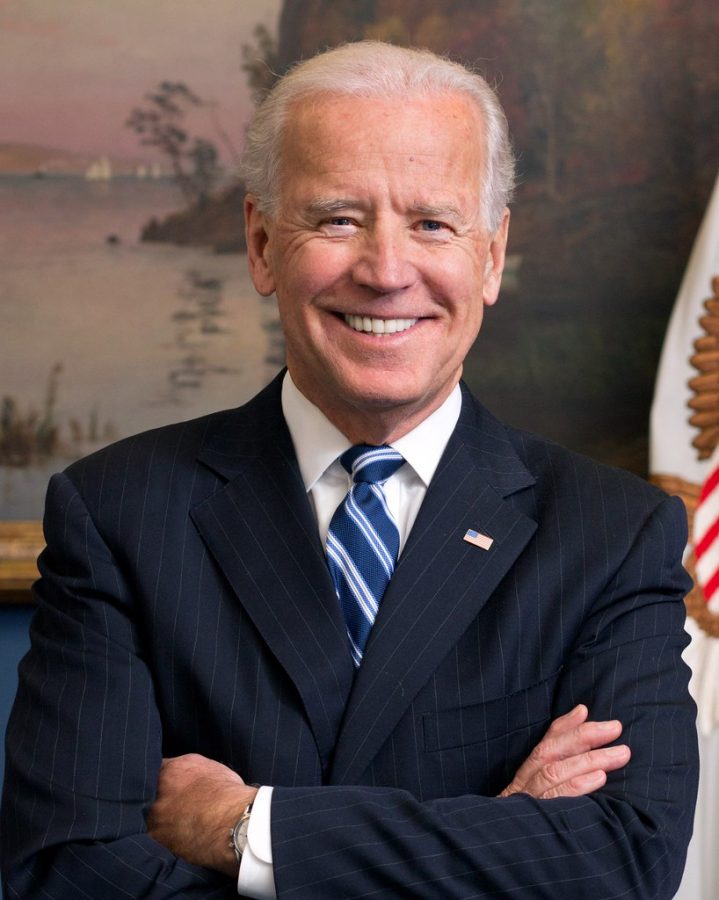Biden’s Repeal of the ‘Global Gag Rule’ May Only be a Short Term Solution
February 17, 2021
The Presidential Inauguration may have only been four weeks ago, but President Joe Biden has been extremely busy within such a short time frame. Within his first 16 days in office, Biden signed 48 actions, covering healthcare, immigration, the pandemic, climate, and more.
A majority of these actions have been executive orders, but they also included memorandums and proclamations, which are slightly less formal, but just as legally important. Sixteen of these actions have reversed Trump’s policies, and over a third were dedicated to healthcare.
I’ve found one of the notable orders taken to be the drawback of the “global gag rule” antiabortion policy. The rule prevents U.S. funding from being used for abroad organizations to perform abortions or supply information regarding them.
It’s more formally referred to as the Mexico City Policy, named after the city where it was first drafted, back in 1985 under the Reagan administration.
The policy has been highly contested among presidents, practically synonymous with the increasingly divided party lines. The gag was originally enacted by President Regan, rescinded by Bill Clinton and Barack Obama, and reestablished by Presidents George W. Bush and Donald Trump. Not only did Trump reenact the rule, he worked to expand it as well.
On the surface, the repeal of the policy seems extremely prospective for women’s healthcare. When Trump reinstated the gag rule, the International Planned Parenthood Federation (IPPF) lost around $100 million in funding, a devastating loss. Healthcare projects in 32 countries were affected, with devastating impacts reaching far beyond the lack of access to abortion.
In just one example, a Haitian clinic was forced to shutter its doors at a facility that didn’t even perform abortions. Birth control, STI testing, and cancer screenings were among the services offered, all necessary for women’s health and reproduction.
In another, a 2011 study found that in rural Ghana alone, pregnancies increased by 12% under Bush’s implementation of the gag rule. This contributed to between 500,000 to 750,000 unplanned and unwanted births. In the sub-Saharan areas of Africa, maternal conditions are the leading cause of death for young women aged 15-19. Lack of access to contraceptives and the decreasing availability of services offered to women during this time had very clear and preventable consequences, taking the lives of many.
Again, Biden’s reversal of the rule seems promising, and can hopefully turn over these harmful impacts. However, worry sets in when looking at the longevity of the overturn. The policy is famous for being a “football toss,” switching along with the party affiliation of the president.
In countries that rely on U.S. assistance to fund women’s healthcare, the Mexico City Policy has devastating impacts far beyond the removal of abortion services. The uncertainty of the rule itself could be damaging, as facilities cannot be expected to open and close every four years.
Female health does not go on pause when a Republican president assumes office. My hope, along with many others, is for a more permanent solution to be put in place, with female well-being in mind.
As we are increasingly seeing, our choices when voting for president reach far beyond our cities, our states, and our country. Worldwide, the female population everywhere is affected by the policies of our president, and the use of the global gag rule displays a clear set of values- whether one prioritizes women’s health or not. It’s that simple.

